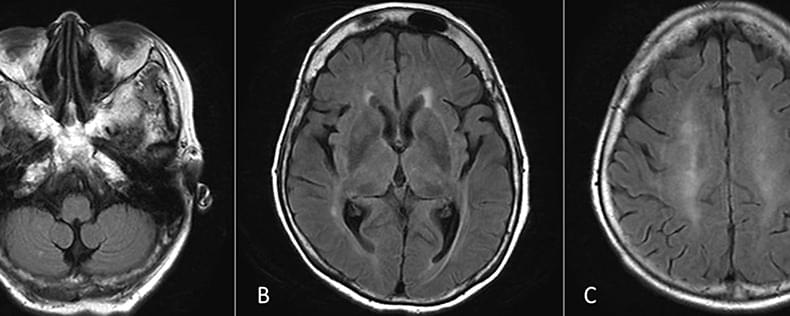A company says it has found a way to remove CO2 from the air for less than $100 per ton.



On Monday, Nvidia announced the HGX H200 Tensor Core GPU, which utilizes the Hopper architecture to accelerate AI applications. It’s a follow-up of the H100 GPU, released last year and previously Nvidia’s most powerful AI GPU chip. If widely deployed, it could lead to far more powerful AI models—and faster response times for existing ones like ChatGPT—in the near future.
According to experts, lack of computing power (often called “compute”) has been a major bottleneck of AI progress this past year, hindering deployments of existing AI models and slowing the development of new ones. Shortages of powerful GPUs that accelerate AI models are largely to blame. One way to alleviate the compute bottleneck is to make more chips, but you can also make AI chips more powerful. That second approach may make the H200 an attractive product for cloud providers.

The “bounties” feature has mostly been used to recreate women (big surprise.)
Civitai, an online marketplace for sharing AI models, just introduced a new feature called “bounties” to encourage its community to develop passable deepfakes of real people, as originally reported by 404 Media.
Popular AI platform Civitai just launched a feature called ‘bounties’ that encourages the community to create passable deepfakes upon request. The best one gets some fake money.


Risk is certainly an area of concern for CFOs when it comes to implementing generative AI.
However, Andrew McAfee, a principal research scientist at MIT, has a message for CFOs regarding the technology: “Risk tolerance needs to shift,” McAfee said.
“The risks are real, but they are manageable,” Andrew McAfee told a group of CFOs.


European astronomers released the first images from the new Euclid space telescope last week.
The European Space Agency (ESA) and the U.S. space agency, NASA, designed Euclid to study dark matter and dark energy. Scientists think those hidden forms of matter and energy make up 95 percent of the universe.
ESA is leading the six-year mission with NASA as a partner. ESA said the images were the most detailed of their kind. They show the telescope’s ability to observe billions of galaxies up to 10 billion light years away.


Nephrologists — know the CTRX encephalopathy risk in ESRD patients. This case of a hemodialysis patient found blood and CSF concentrations 10 times usual — dose adjustment may be needed. Monitor for neuro changes when using CTRX in renal failure. pharmacology.
Ceftriaxone (CTRX) does not require dose adjustment based on the renal function status and is used to treat infections. Recently, several studies reported the incidence of antibiotic-associated encephalopathy due to CTRX in patients with end-stage renal disease (ESRD). We experienced a case of CTRX-related encephalopathy in a patient on hemodialysis. When CTRX-related encephalopathy was discovered, the CTRX concentrations were measured in the blood and cerebrospinal fluid (CSF). The highest blood and CSF CTRX concentrations in this patient were 967 and 100.7 μg/mL, respectively, which were approximately 10 times higher than the CSF concentrations in a previously evaluated patient with CTRX encephalopathy. The concentration of CTRX may be increased in patients with ESRD. Hence, encephalopathy must be suspected in this patient group when CTRX is used.

The wait time for a heart transplant is long — from many months to over a year. Some patients will never get the transplant they need.
But researchers may have come up with an artificial heart solution: a titanium, pumpless, device with spinning magnets — and it looks nothing like a bonafide heart.
The problem: Heart failure affects over six million people every year in the U.S., and treatment options are slim. Medication can help, but some people need a heart transplant for a full recovery. Still, donor hearts are hard to come by. The number of people who need a heart far exceeds what’s available. And, donor hearts aren’t one-size-fits-all. The blood type and size need to be just right.